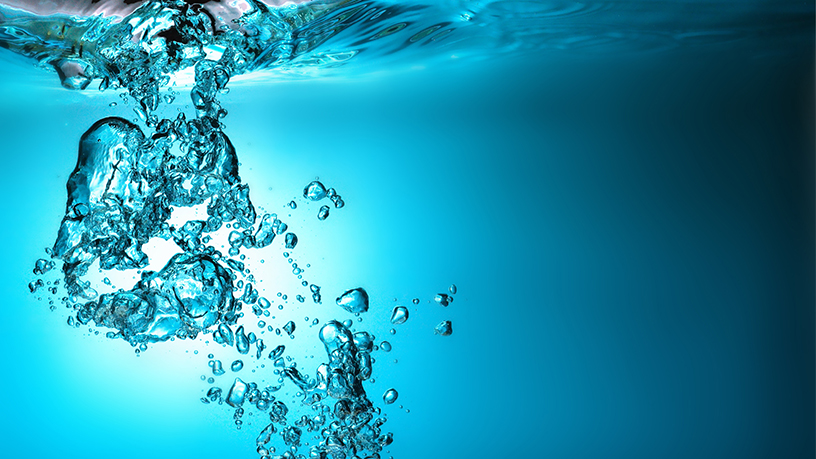-
The American Water Works Association (AWWA) is an international, non-profit scientific and educational society dedicated to providing total water solutions and assuring the effective management of water. Founded in 1881, the Association is the largest organization of water supply professionals in the world, with over 50,000 members from utilities, research institutions, and industry.
AWWA develops more than 180 standards that cover all aspects of water supply and treatment, including source water, treatment processes, storage, and distribution systems. These standards establish best practices for the design, operation, and maintenance of safe and reliable drinking water and wastewater infrastructure, serving as authoritative references for engineers, utility professionals, scientists, and other water experts.
-
The AWWA Standards collection is used by professionals responsible for water supply and treatment, including public and private utilities, engineers, consultants, manufacturers, and regulators. It provides guidance for the safe and reliable design, operation, and maintenance of drinking water and wastewater systems.
The collection also serves as a reference for researchers, environmental specialists, and educators seeking to align their work with industry standards and best practices. AWWA’s membership comprises over 51,000 organizations across the water sector, including more than 4,300 companies supplying roughly 80% of the drinking water in the USA and treating nearly half of its wastewater, as well as public water works, scientists, and environmental experts.
-
The AWWA Standards collection is developed through a structured, consensus-based process. Subject-matter experts from across the water sector—including engineers, utility professionals, scientists, manufacturers, and regulators—collaborate to draft, review, and approve standards. This ensures that each standard reflects current technical knowledge, operational best practices, and regulatory requirements for water supply and treatment.
First published in 1908, the collection now comprises more than 180 standards covering all aspects of water management, from source water and treatment processes to storage and distribution systems. These standards serve as authoritative references for the design, operation, and maintenance of safe and reliable water infrastructure.


